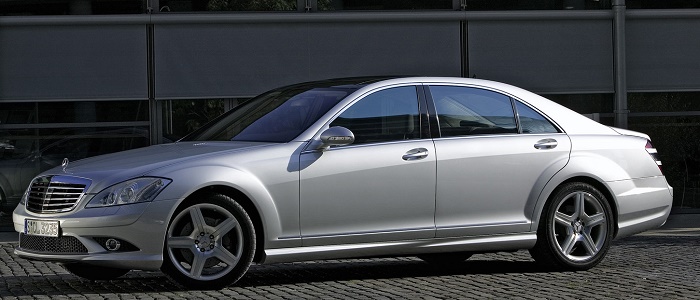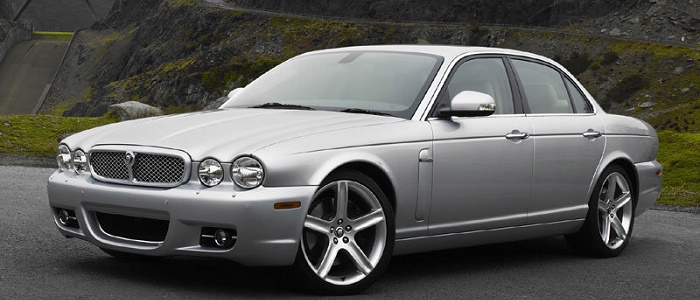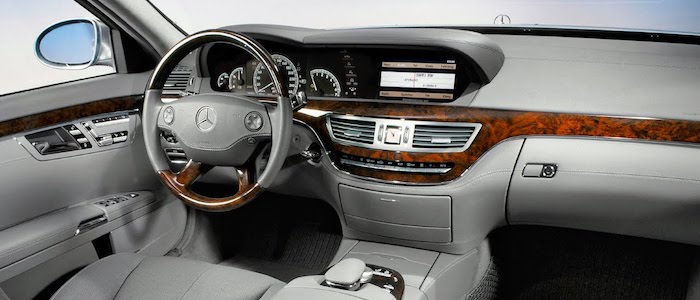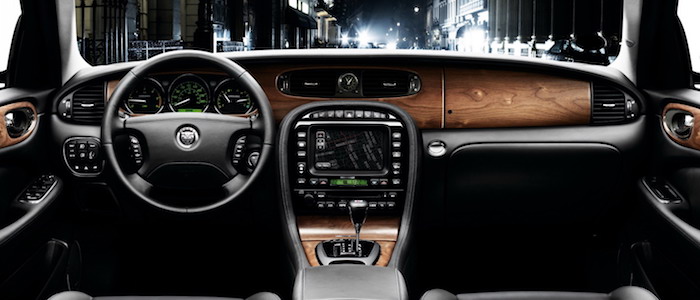Compare two cars
Compare any two cars and get our Virtual Adviser™ opinion
Marketing
Dimensons & Outlines
Engine
3.0 OM642 DE30 LA HO
Performance (manual gearbox)
Performance (automatic gearbox)
Expenses
Virtual Adviser's™ opinion
Two significantly similar cars, no doubt about that. Still, each one has something different to offer. Having both cars powered by diesel engines and utilizing the 4-door sedan body style within the same 'Executive car' segment, the only major difference here really is their wheel drive configuration (4 x 4 for the Mercedes Benz and rear in the case of the Jaguar). The first one has a Mercedes Benz-engineered powertrain under the hood, a 6-cylinder, 24-valves 231hp unit, while the other one gets its power and torque from a 6-cylinder, 24-valves 208hp engine designed by Ford.
SafetyUnfortunatelly, neither of the two vehicles was submitted to the European New Car Assessment Programme (Euro NCAP) testing. This makes it virtually impossible for me to pick one over the other and I'm generally against buying such cars as the safety should really always come first. That aside, let's consider some other aspects which affect safety. Both vehicles belong to the executive car segment, which is generally a fortune safety-wise, but that fact doesn't break the tie between the two cars. Furthermore, if we'd like to consider vehicle mass in this context too, which we definitely should, the German car offers a considerable difference of 16% more metal.
ReliabilityManufacturers have been building their reliability reputation for decades now and, generally speaking, it appears that both brands display similar results in faults and breakdowns, at least on all of the models level. These are the official statistics, while our visitors describe reliability of Mercedes Benz with an average rating of 4.4, and models under the Jaguar badge with 4.1 out of 5. Unfortunatelly, I don't have enough insight that would allow me to comment in more details on the specific models level. Above it all, drivers of cars with the same engine as the German car rank it on average as 4.2, while the one under the competitor's bonnet gets 5.0 out of 5.
Performance & Fuel economyMercedes Benz is a bit more agile, reaching 100km/h in 0.4 seconds less than its competitor. In addition to that it accelerates all the way to 245 kilometers per hour, 20km/h more than the other car. When it comes to fuel economy things look pretty much the same for both cars, averaging around 8.4 liters of fuel per 100 kilometers (34 mpg), in combined cycle.
Verdict
Jaguar appears just a bit more reliable, although the difference is truly marginal. The most important thing when deciding between any two vehicles should always be safety, both passive and active. In my opinion, everything taken into account, the German car offers significantly better overall protection, taking the lead here. It all continues in the same direction, with Mercedes Benz offering somewhat better performance, just enough to call it quicker. It does come at a cost though, and that's the fuel consumption... It's really tough to make a final decision here, but if I'd need to, I'd say Mercedes Benz. Nevertheless, let's not forget that people have different preferences and needs, so what really counts is your personal feel. I'm only here to help. Also, you could use the oportunity to find out which car, everything taken into account, would be the perfect choice for you in the eyes of the virtual adviser™, among thousands of similar, yet so different vehicles.


































